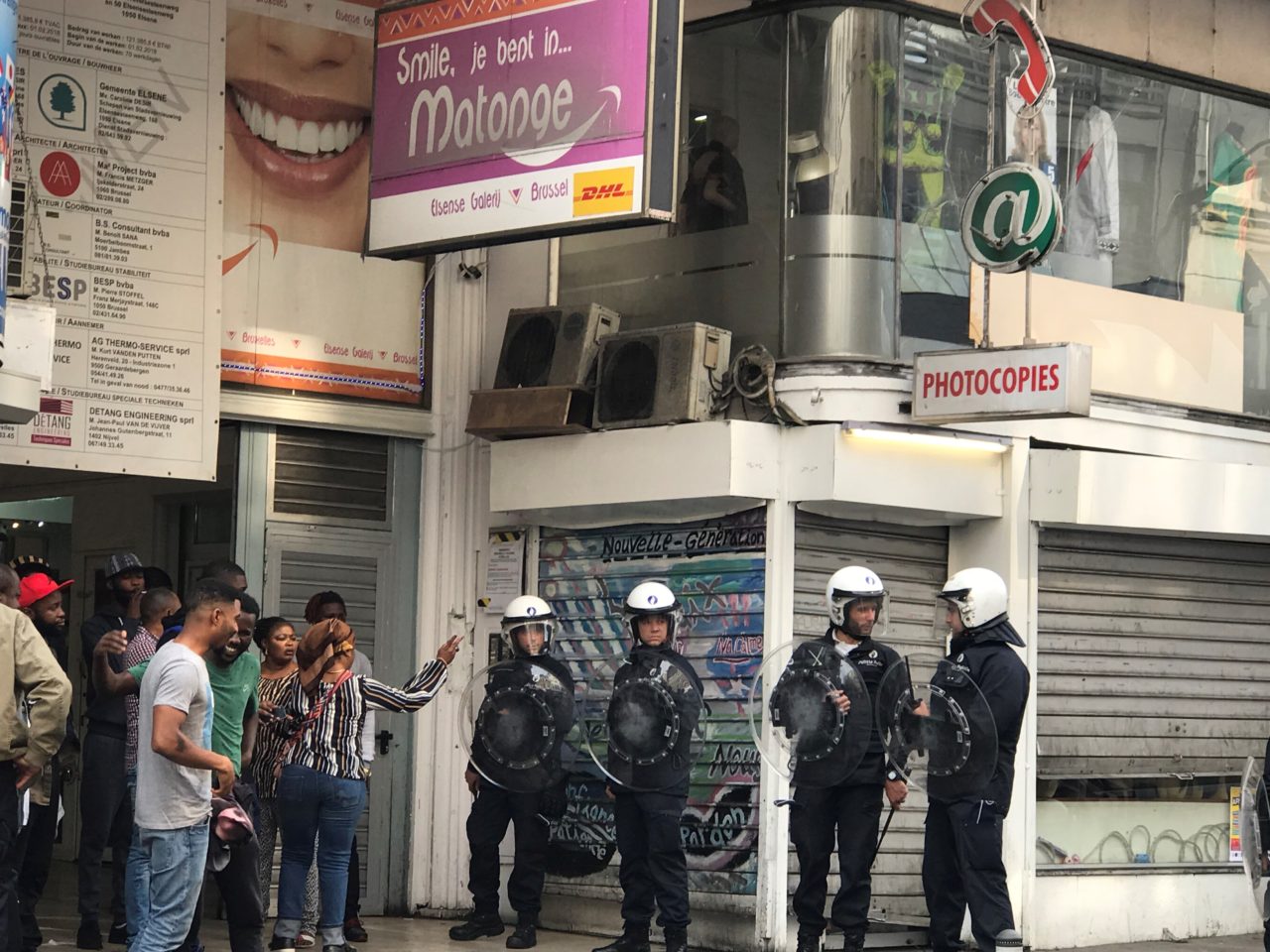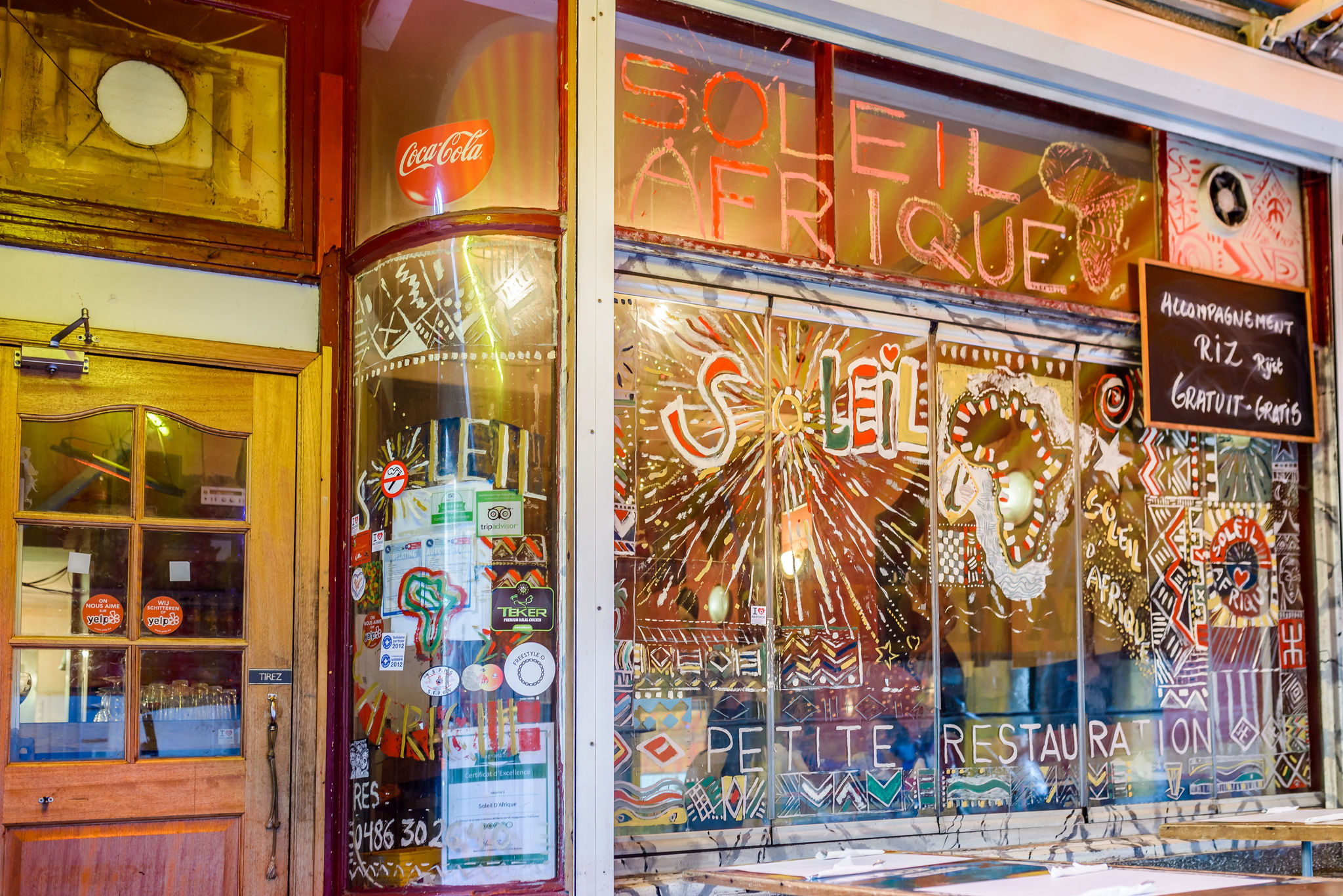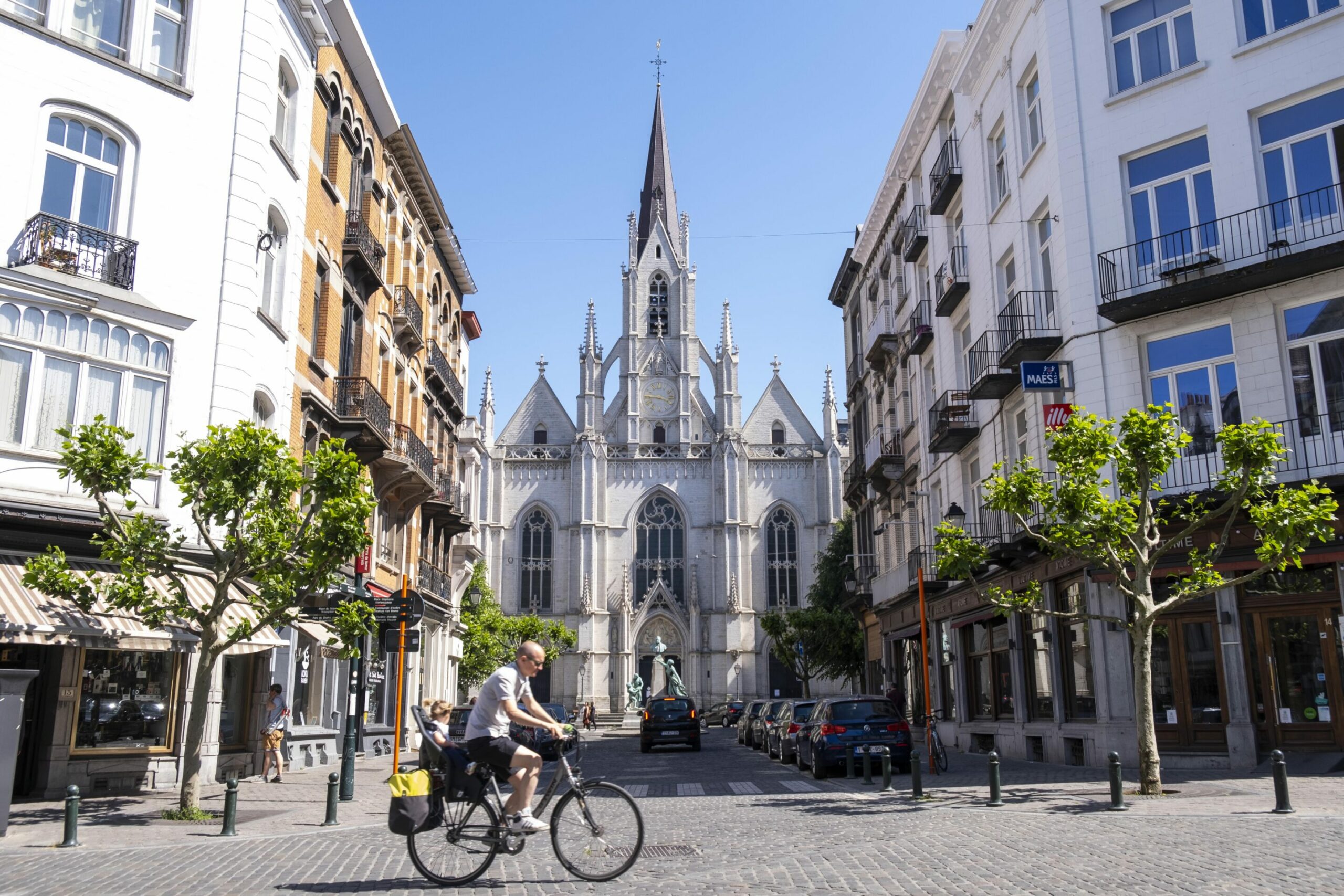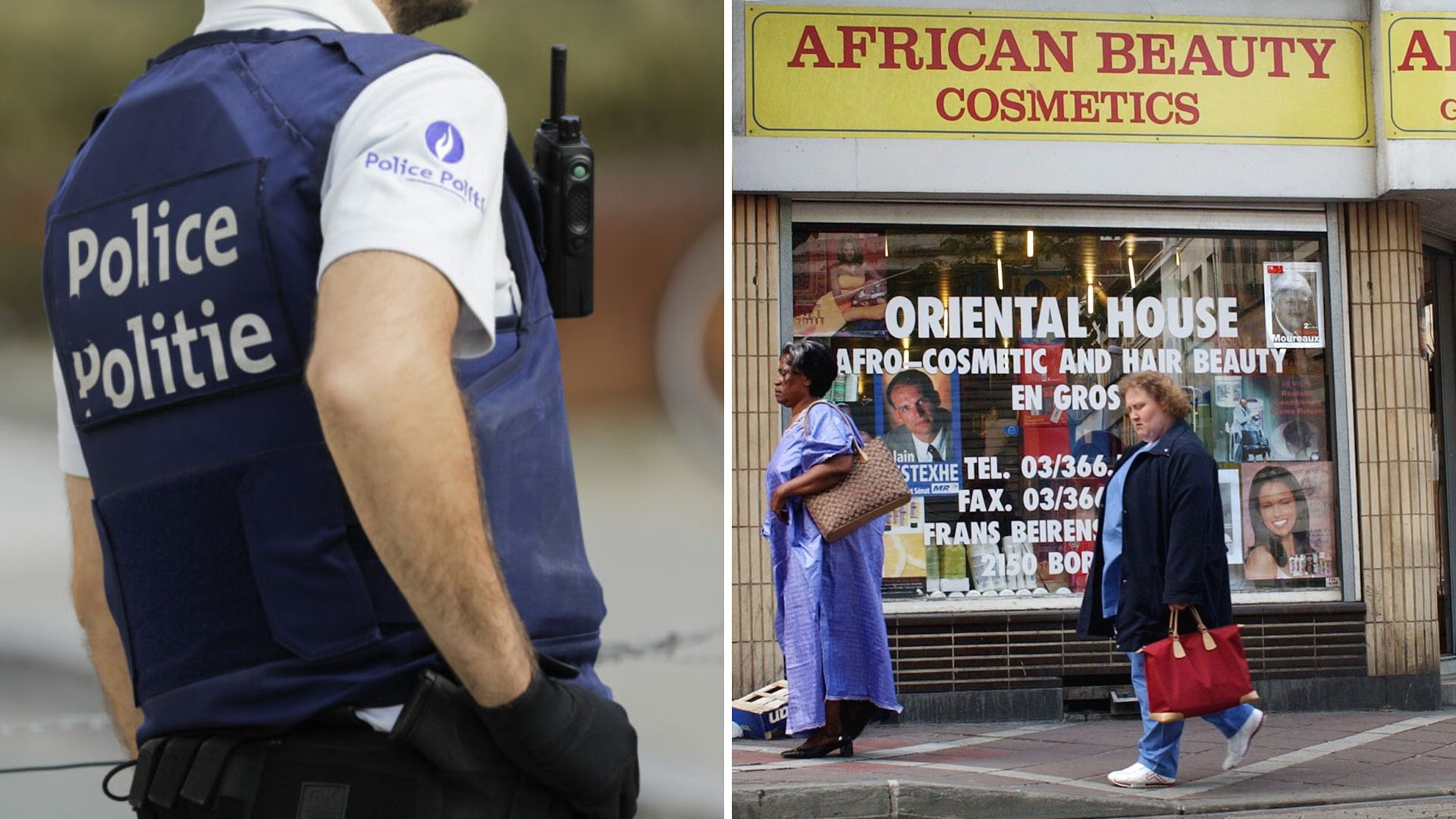Matonge is considered a "drug hotspot" in Brussels, and police have said that they will crack down on the area "for as long as necessary." But what does this look like on the ground?
Located in the heart of Ixelles, Matonge is the epicentre of African culture in Brussels. Anyone wandering through the area will encounter vibrant fabrics lining the street, mouthwatering cuisine at every corner and an array of unique venues such as the independent Cinema Vendôme.
The city’s African residents cherish Matonge as a nostalgic taste of home and an important commercial hub, but running alongside its colourful way of life is a darker strand of business: a thriving drug trade. Hard drugs are increasingly easy to come by, fuelling violent conflict between criminal gangs. Drug dealing is most prevalent around the trading street Chaussée de Wavre.
The area was designated one of Brussels' 15 "drug hotspots" in March, subjecting it to stricter security measures such as frequent police checks. Non-profit organisations have criticised the approach for normalising "racial profiling" and focusing on public nuisances rather than drug trafficking itself.

Police in Matonge in 2018. Credit: Belga
On 26 July, the Public Prosecutor's Office announced that 22 arrests had been made in Matonge in a bid to "eradicate drug dealing and related problems as effectively as possible." Police also confiscated 910 grams of narcotics, carried out inspections and handed out 175 parking tickets and 96 traffic offenses in the same period. They qualify these infractions as "nuisances" linked to the drug trade.
But "eradicating" the drug trade is not possible, according to Mayor of Ixelles Christos Doulkeridis (Ecolo). "When I ask specialists if it is possible to stop the drug trade completely, they all say no," he told The Brussels Times. "It is terrible, but that is their view."
"Our aim is to prevent as much nuisance in the neighbourhood as possible," he continued. "The message we send to dealers is: 'We are here and we will continue to be here, because this neighbourhood doesn't belong to you'."
'It can be very distressing'
Police efforts have hardly registered on locals' radars. "Police have always been here, because drug dealers have always been here," Elysée and Adriana, two regulars at a fabric shop, told The Brussels Times. "The atmosphere is the same as always. People are afraid to come to Matonge now because there are so many police around. But the situation is alright overall."
Annie runs a separate fabric shop on Chaussée de Wavre and says her business has never been searched, unlike the establishments inside the Matonge Gallery a few doors down. While she is unhappy with the increased police presence in Matonge, she has not noticed a significant increase in personnel.

Rue Longue Vie, Matonge, which houses popular pan-African restaurants. Credit: visit.brussels / Jean-Paul Remy
"People don't like to see police everywhere," she said. "They come in and ask questions about CCTV and other security measures. It can be very distressing."
But she finds violence engendered by criminal activity more upsetting: "There are so many fights on the street. It does take a toll. I have even had to blockade my door in the past."
'Afraid of reprisals'
Doulkeridis, however, argues that these sentiments do not reflect the consensus among shopkeepers and residents: the majority have requested an even greater police presence. However, people do not openly admit to this for fear of repercussions.
Many business owners in Matonge – especially those in the Gallery – were reticent to speak to press, with several individuals insisting they were new to the area. The Mayor says this is likely to do with pressure coming from drug dealers. "People are afraid of reprisals if they are seen speaking to the police or to journalists. This is not always the case but it does happen."

Église Saint-Boniface. Credit: Belga / Paul-Henri Verlooy
However, other locals who spoke to The Brussels Times were genuinely unaware of any heightened activity in the area, having observed nothing more than a few skirmishes in recent months. Matonge may be a hotspot but it is "no less safe than other neighbourhoods," says Doulkeridis. "Most residents don't feel threatened and the area is doing just fine."
Brussels Capital/Ixelles police were unable to provide any further information when contacted by The Brussels Times. When asked to clarify what the phrase "for as long as necessary" implied, the Public Prosecutor's Office declined to elaborate.

